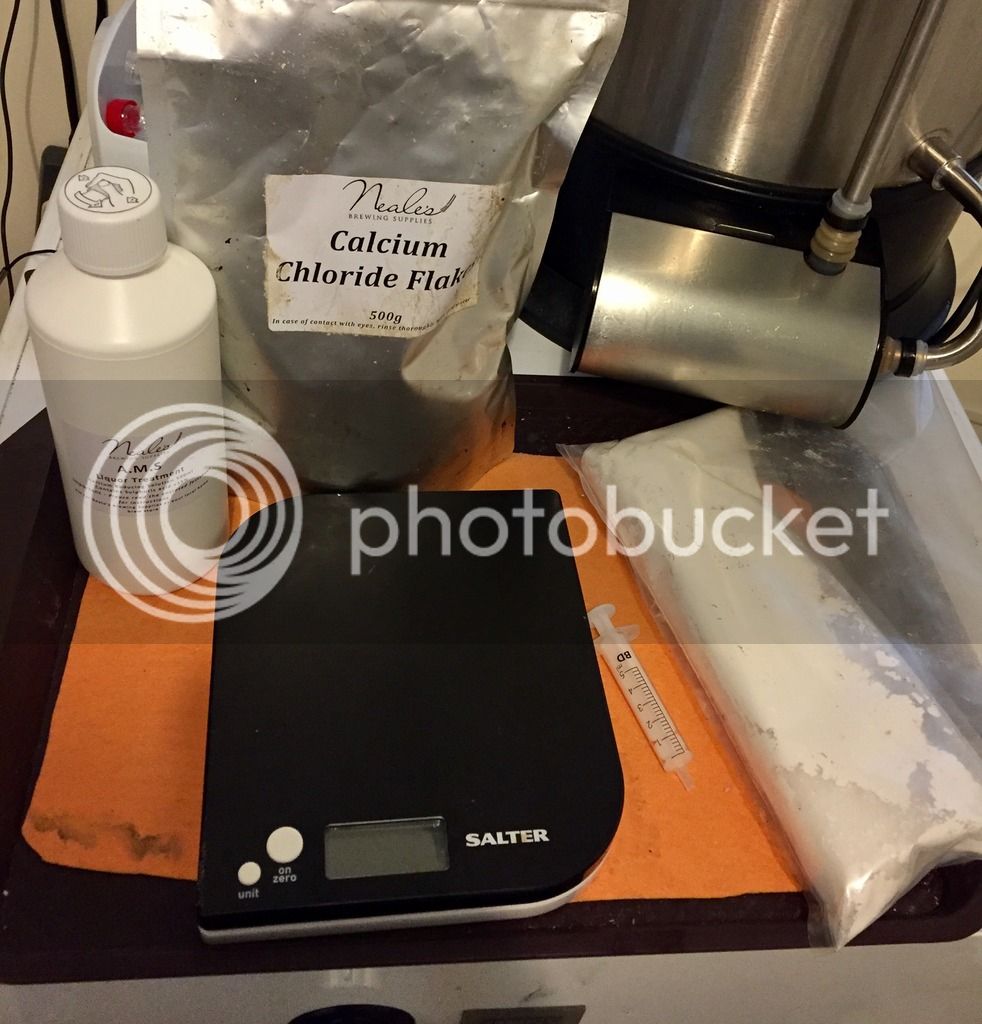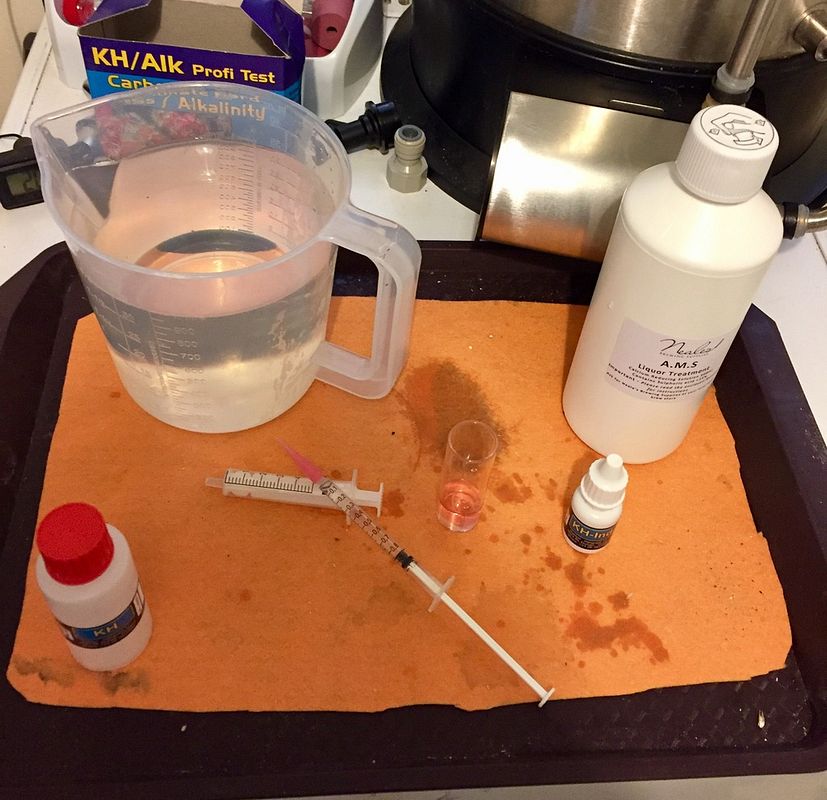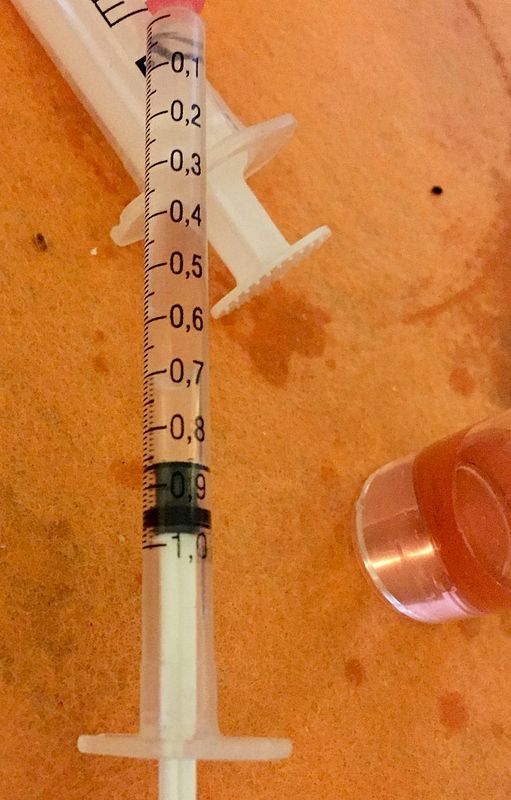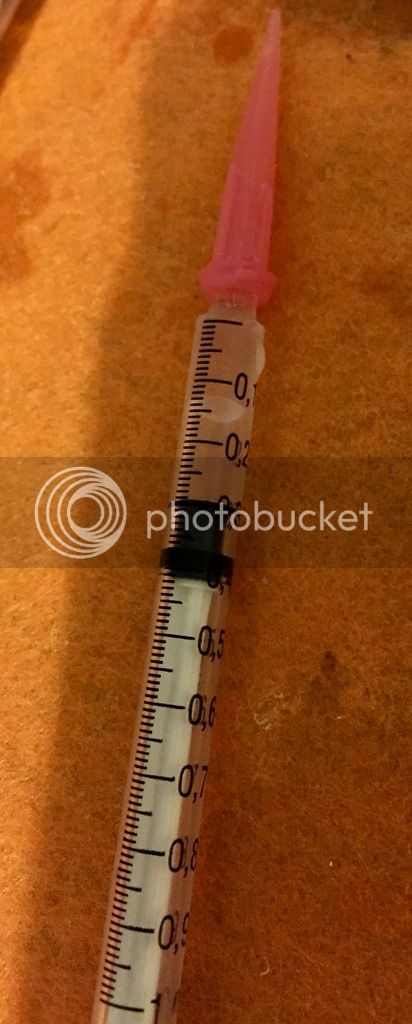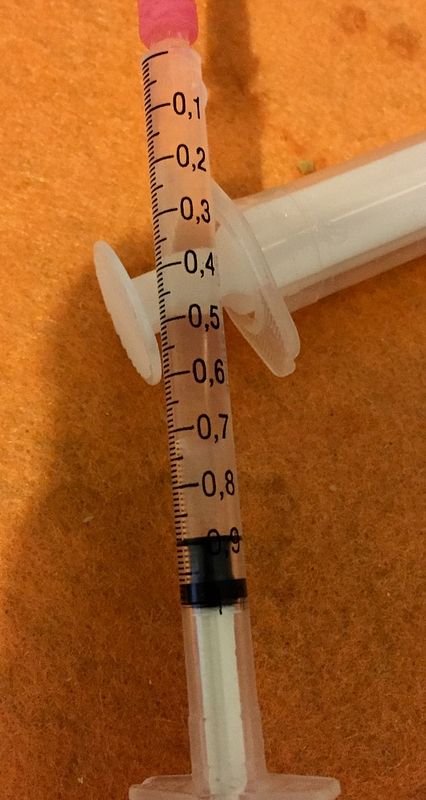strange-steve
Quantum Brewer
- Joined
- Apr 8, 2014
- Messages
- 6,027
- Reaction score
- 5,805
steve
soon as you mention the syringe & the scales....it all makes sence.
as you imagine with the other addiction (online shopping) ive got scales ans the syringe.
its all going to me m8...
take my hat out to you....teaching Bri Ducker is going to be a mare.....but now I'm shown I feel enlighten lol
thx once I get the crs be all action stations lol:thumb:
Glad it's making sense to you now :thumb:
There were many very patient people who kindly answered my multitude of questions when I started brewing so I'm happy to try to pass on what little I can.




